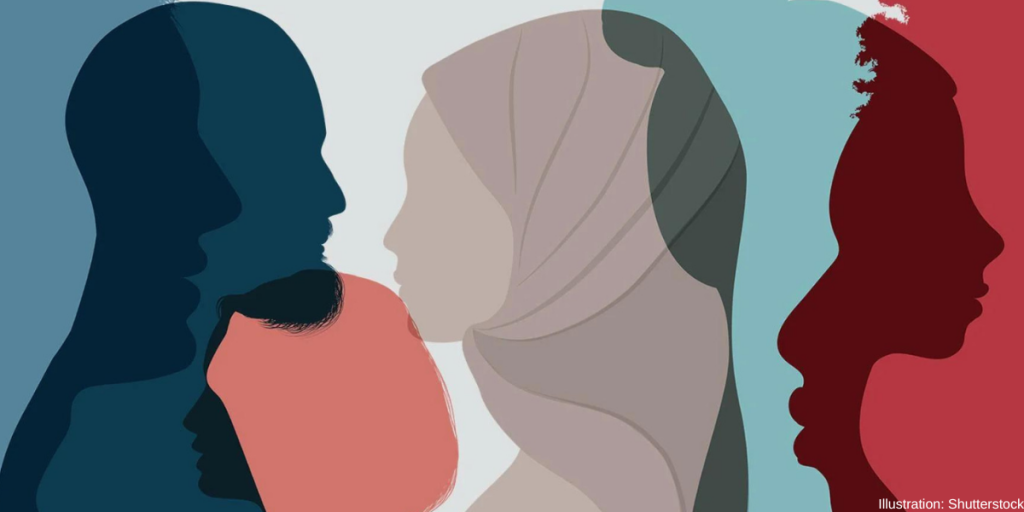Leir Migration Monitor – November/December 2022
Too often, migrants and refugees are presented as victims of persecution or passive recipients of aid and refuge. Research rarely investigates or emphasizes their agency and advocacy groups, whether intentionally or not, often propagate narratives of helplessness and saviorism. How might practitioners’ and policymakers’ work change if migrants and refugees are seen and depicted as active participants in their own lives? This month, we highlight research, people, and programs that seek to answer that question.
In this edition:
- Report: How do refugees in the United States learn about race?
- Migrants’ Financial Archetypes: tailored approaches to financial health for practitioners
- Waylaid in Tijuana underscores human costs of restrictive border policies
- Senior Fellow Profile: Samer Saliba, Head of Practice, Mayor’s Migration Council
- The Medellín Model: how cities can use housing to help migrants shape their own future
.
.

How do refugees in the United States learn about race?
For many Americans, discussing race is a sticky subject. The Black Lives Matter and Stop Asian Hate movements in 2020 thrust conversations about race into national and international spheres, prompting conversations that many avoid and find uncomfortable. The movements underscored the need for education about America’s racial history, unconscious bias, and the ways in which we can collectively build an anti-racist society.
Now imagine you’re a newly-arrived migrant or refugee, unfamiliar with your new community, immersed in a new language and culture. How do you learn about, discuss, and experience race in the American context?
The Refugees in Towns Project is proud to release preliminary findings from its latest project, Assessing Refugees’ Understanding of and Responses to American Race Relations.
The study found that refugees learned about U.S. race relations through school, media (digital and print), word of mouth, and personal experiences of discrimination. However, the degree of this learning is heavily dependent on education level, age, and country of origin.
It was conducted with the Hello Neighbor Network, placing Fletcher researchers with two refugee service providers: Hello Neighbor in Pittsburgh, Pennsylvania, and Dwell Mobile in Mobile, Alabama. Tufts University’s Jonathan M. Tisch College of Civic Life provided financial and technical support.
.
.
